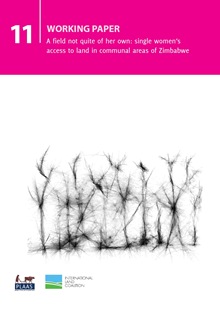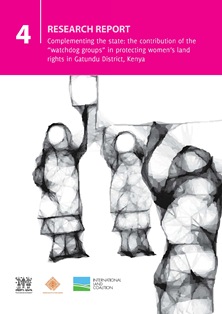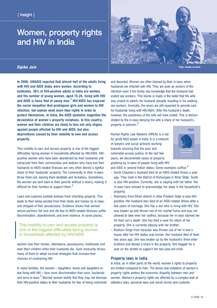Claiming Rights, Claiming Justice: A Guidebook on Women Human Rights Defenders
A Guidebook on Women Human Rights Defenders is aimed to help women human rights defenders name the specific risks, violations and constraints they face in their work. It presents a practical discussion of the useful mechanisms developed by the state and also the civil society to provide redress and remedy, and to protect women human rights defenders. It is intended to be used by human rights and other organisations to further a gender perspective in the monitoring and documentation of human rights.












